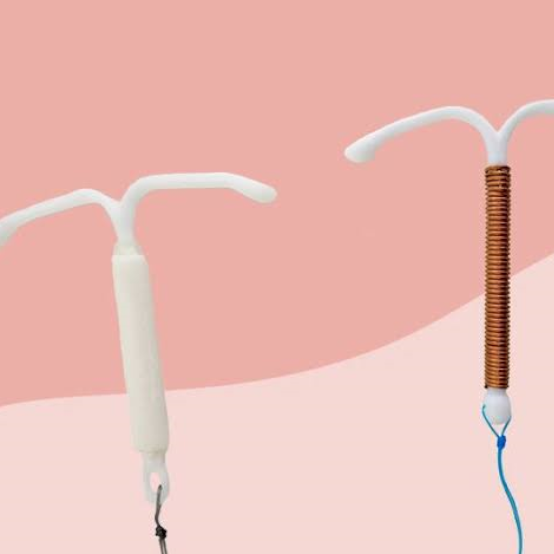Emergency Contraception
Emergency contraception, also known as “morning-after pill” or “post-coital contraception,” is a safe and effective way to prevent unintended pregnancies after unprotected sex or contraceptive failure. This content aims to clarify common misconceptions and help you make informed decisions regarding emergency contraception.
- How does Emergency Contraception work?
Emergency contraception primarily functions by delaying or preventing ovulation, the release of an egg from the ovary. It may also interfere with fertilization or implantation of a fertilized egg in the uterus. It is crucial to understand that emergency contraception is not an abortifacient and will not terminate an established pregnancy. - When should you consider Emergency Contraception?
Emergency contraception is suitable for various situations, including:- Unprotected intercourse: When no contraception was used.
- Contraceptive failure: Such as a condom breakage, missed pills, or incorrect use of contraceptives.
- Missed ovulation prediction: In case of uncertainty about the fertile window during the menstrual cycle.
- Types of Emergency Contraception:
There are two primary types of emergency contraception:- Emergency contraceptive pills (ECP): The most common method, available over-the-counter in most places. They are usually taken as a two-dose regimen, with the second dose taken 12 hours after the first. Some formulations require only a single dose.
- Copper Intrauterine Device (IUD): A non-hormonal device that can be inserted by a healthcare provider up to five days after unprotected intercourse, offering a highly effective, long-term contraceptive option.
- Effectiveness and Timing:
The effectiveness of emergency contraception varies depending on the time of administration. While it is best to take ECPs as soon as possible, they can still offer some protection if taken up to 72 hours (3 days) after unprotected intercourse. The Copper IUD, when inserted within days, provides the highest efficacy. - Safety and Side Effects:
Emergency contraception is generally safe, but like any medication, it may have side effects. These can include nausea, vomiting, breast tenderness, fatigue, and changes in menstrual bleeding. - Future Contraceptive Planning:
After using emergency contraception, it is essential to discuss regular contraceptive options with a healthcare provider. Emergency contraception does not protect against future acts of unprotected intercourse, so finding a reliable contraceptive method is crucial for ongoing pregnancy prevention.















